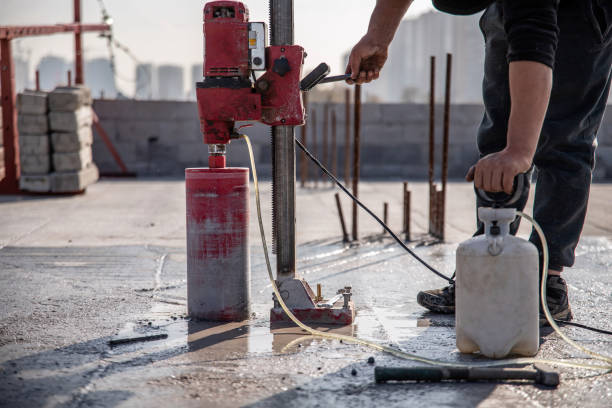What Every Homeowner Should Know About Cooling System Maintenance
A well-functioning cooling system is essential for staying comfortable during the warmer months. Regular maintenance keeps the system running efficiently and helps avoid costly repairs. It also ensures your home stays cool without wasting energy.
As warmer months approach, many homeowners start looking into home cooling services to get ahead of the summer heat. Without regular maintenance, cooling systems can become less efficient and more prone to problems. This often leads to uneven indoor temperatures and increased energy costs during peak usage.
Recognizing the Early Warning Signs
If your cooling system isn’t operating quite right, it’s important to pay attention. Unusual noises, reduced airflow, or inconsistent room temperatures can indicate an underlying issue. A sudden spike in your energy bill might also point to an overworked or inefficient unit.
Don’t wait for the system to fail completely. Addressing minor issues early can save both money and hassle down the line. Ignoring these signs could lead to more extensive damage that affects the entire system. Regular check-ups help catch minor problems before they turn into costly repairs.
What to Expect from Professional Service
Routine inspections by qualified technicians are essential to keep your system in peak condition. Professional home cooling services often include a full-system evaluation, ensuring that refrigerant levels are adequate, electrical connections are secure, and the thermostat is accurately calibrated. Technicians will also clean coils, test components, and check for signs of wear. This proactive approach can detect minor problems before they develop into major failures.
Why Routine Maintenance Matters
Cooling systems, like any mechanical equipment, require ongoing care to operate effectively. Over time, dust buildup, worn components, and refrigerant leaks can cause a gradual decline in performance. When maintenance is neglected, these issues can compound, leading to higher energy consumption and a shortened system lifespan.
A professionally maintained system, on the other hand, runs more efficiently and reliably, especially when it’s needed most. Regular check-ups help identify potential safety hazards, such as faulty wiring or blocked drainage. Investing in routine maintenance now can prevent costly emergency repairs later.
Why Professional Installation is Important
Proper setup makes a big difference when installing a new system or replacing a major component. A rushed or poorly installed unit can result in ongoing efficiency problems and higher maintenance needs. Timely repairs are equally important; delays often cause further damage and discomfort, especially during extreme weather. Choosing qualified technicians ensures your system is installed and serviced according to industry standards, setting the foundation for long-term reliability.
Ways to Improve Energy Efficiency
You don’t need major upgrades to boost your cooling system’s daily efficiency. Minor changes to your home and routine can make a noticeable difference. These adjustments help keep your space comfortable while easing the load on your system.
- Keep blinds or curtains closed during the hottest parts of the day
- Use programmable thermostats to reduce cooling when you’re not home
These habits support better temperature control and reduce energy usage, especially during peak demand.
Regular cooling system maintenance is essential for comfort, efficiency, and long-term reliability. When homeowners combine routine professional service with simple daily upkeep, they reduce the risk of breakdowns, extend the life of their system, and keep energy bills under control. Timely repairs and expert setup also play a crucial role in preventing significant issues. Staying proactive saves money in the long run and ensures your cooling system performs at its best when you need it most.







